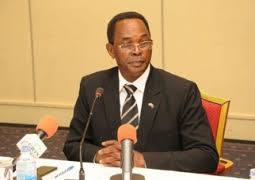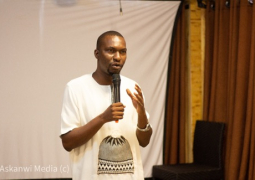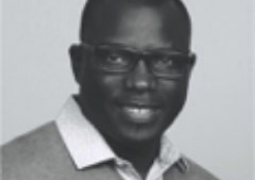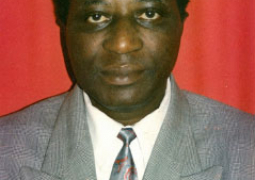
The State, meanwhile, has raised the bar for qualifications of registration of Parties and Candiares in terms of fees to be deposited at the Independent Elections Office. The question is, whether payment of such fees is the only criteria of one becoming eligible to stand for Presidential elections. One would argue that the rest of the criteria are pronounced in the constitution of the republic. As an eminent thinker and leader said about politics in Africa, those who know are keeping silent and those who don’t know are making noises. What we are witnessing in the politics of the country in recent years is the reliance on the advantages of incumbency on one hand and reliance on a Coalition on the other side. There is no advocacy for quality representation either in the political terrain or in governance. It is all about the politics of tribe, party allegiance and attachment to a Political leader. The power of the incumbency was broken in the 2016 elections as a result of the collective and determined will of Gambians for a change of regime. In that instance, a grand coalition worked in the interest of the Nation. In the 2021 elections however, the opposition coalition failed to capture the seat of power from the power of incumbency. Perhaps, therefore, one should be curious about what warranted the changes in political attitudes of Gambians in these two elections. It has been a widely held view by many observers that 2016 got rid of dictatorship and 2021 resentment against tribalism and political extremism. From this trend, it could be concluded that the outcome of the 2026 elections will depend more on the mood of the Nation than on the political influence of a grand coalition and on the power of incumbency. It must be stated that the last two elections have raised both the level of political consciousness and democratic maturity of the people. It is interesting to note that the political trajectory has assumed a new dimension since 2016. Nowadays, more aspirants seek the Presidency whether they are up to the task or not than seeking for other political offices such as Parliament, Local Councils, Chieftaincy etc. Yet, there are advantages of starting at lower levels of the political spectrum to become more visible and appreciated by the people. National political visibility is the foundation of Presidential ambition. The NRP leadership, GDC leadership, PDOIS leadership are still relevant in Gambian politics because of their Parliamentary backgrounds which gave them political visibility over the years. Any of these leaders become potential Presidential candidates.
The appetite for the seat of power is overwhelmingly expressed in the political system. For a grand coalition to succeed in winning the political battle, it has to be formed in conventional terms and not on the 2016 coalition platform model which was eventually, collapsed. For the incumbent to win, it will depend on ensuring that their alliance remains intact and the burning national issues of the day are addressed by the government in a timely and decisive manner. This in addition to the massive ongoing development projects undertaken by the government, could attract the attention of the electorates and put the incumbency in a winning political battle. Political Parties and Candidates must be warned that political extremism, politics of tribe and commercialization of politics, are not good strategies of political mobilisation. Talking about concrete plans and showing commitments to addressing the issues of concerns to the people when given state power, can attract the attention of voters and build trust and confidence in the Party’s agenda for development. It is anticipated that 2026 elections will be the most hotly contested. The conduct of the said elections in a peaceful, free, transparent and credible manner calls for coequal responsibility between the ruling government and Gambians and Political Parties in particular.




